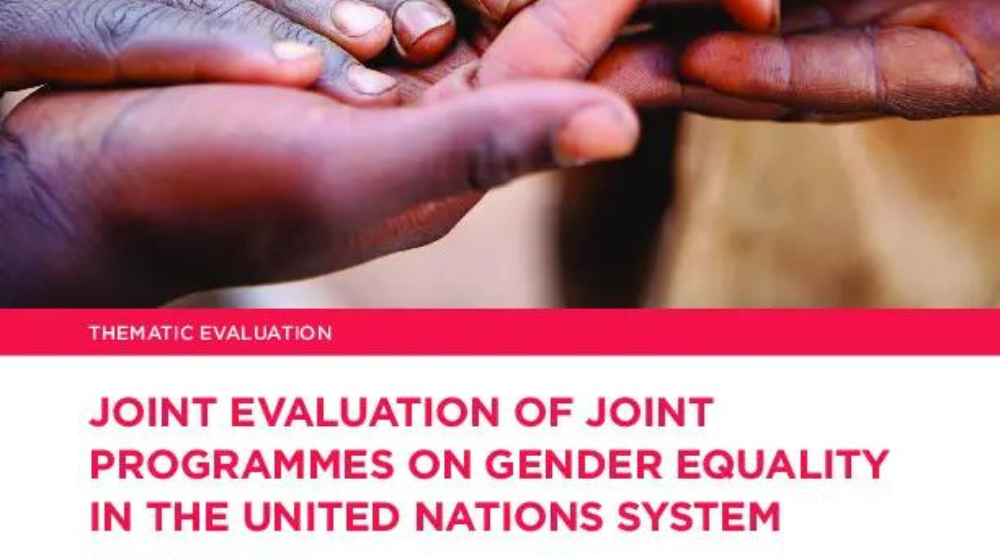This evaluation is being undertaken to provide credible and useful evaluative information on the added value and worth of Joint Gender Programmes in the UN System (JGP) and to generate knowledge on JGP for their improvement, including the identification of key lessons learned and challenges and capturing best practices. More specifically, it aims to provide evaluative information for the strategic direction and use of JGP within the United Nations reform process and support future policy and guidance on their design, implementation, monitoring and evaluation for a more coordinated and effective UN system contribution to advance gender equality at the country level. It will also be a key input to knowledge management on joint programming and programming for gender equality and women’s empowerment.
The main objectives of the evaluation are to assess:
- the overall effectiveness and impact of JGP in contributing to development results on gender equality and women's empowerment at the national level, including intended and unintended results.
- the added value of JGP in improving UN system coherence and efficiency through joint design and implementation processes that enhance achievement of results on gender equality and women's empowerment.
- the overall sustainability of JGP results, including their effect on national ownership, national capacity development and partnerships between the UN system and national partners (both government and civil society) and among national partners.
- the extent to which JGPs have created synergies that contribute to gender mainstreaming and women’s empowerment in UN efforts at the national level.
- the overall level of integration of human rights based approaches in JGP.
The eight partners to the joint evaluation include: the United Nations Development Fund for Children (UNICEF), the United Nations Development Programme (UNDP), the United Nations Entity for Gender Equality and Women’s Empowerment (UN Women), the United Nations Population Fund (UNFPA), the Millennium Development Achievement Fund (MDG-F), the United Nations Development Coordination Operations Office (UNDOCO), the Government of Norway and the Government of Spain.
